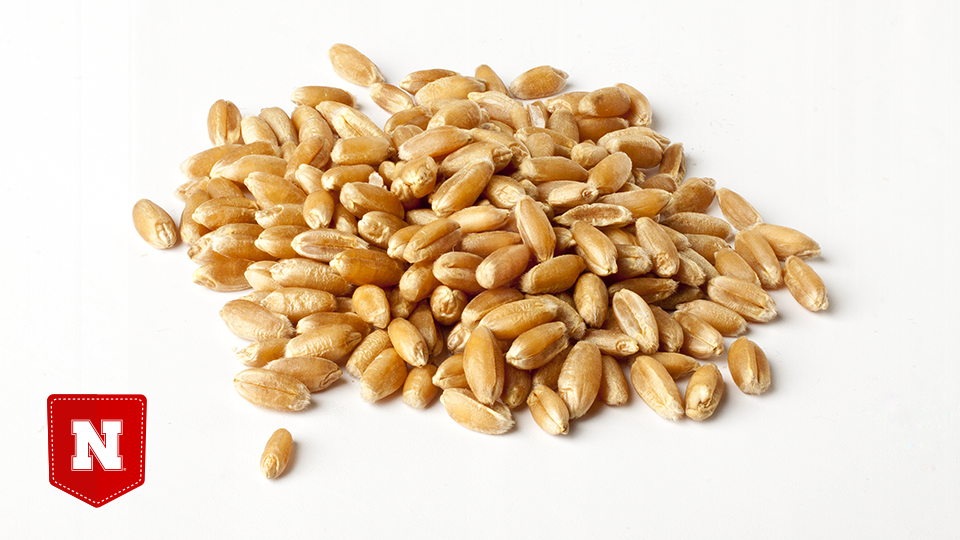
Welcome to Pocket Science: a glimpse at recent research from Husker scientists and engineers. For those who want to quickly learn the “What,” “So what” and “Now what” of Husker research.

What?
The quality of whole-wheat flour tends to fall off quickly — to the point of going rancid — when certain enzymes in the flour interact with water and oxygen.
Nebraska’s Devin Rose and Rachana Poudel recently studied whether the steaming of wheat kernels could help extend the flour’s shelf life by deactivating those troublesome enzymes. After steaming the kernels for up to 90 seconds, the researchers found that the spoiling-related activity of several enzymes in the flour dropped by 81, 63, 22 and 34 percent, respectively.
So what?
Rose and Poudel also tested whether reducing this enzyme activity would lessen oxidation — which contributes to rancidity — after they mixed the flour with water to form dough. As expected, the dough made from steamed kernels contained fewer of the compounds associated with oxidation. The finding suggests that steaming the kernels could help whole-wheat dough maintain its desired taste and texture longer than a non-steamed counterpart.
Now what?
Future research may examine whether and how much consumers prefer the flour prepared from steamed kernels, the researchers said. Food scientists might also examine whether steaming kills bacteria that can cause sickness in people who consume raw flour.







